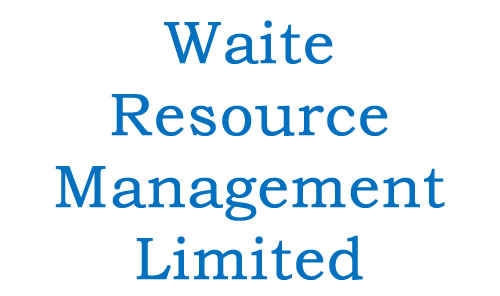If your business accepts credit rating and debit card payments from customers, you need a payment processor chip. This is a third-party provider that acts as an intermediary in the process of sending deal information back and forth between your business, your customers’ bank accounts, as well as the bank that issued the customer’s credit cards (known as the issuer).
To develop a transaction, your customer enters all their payment info online through your website or mobile app. Including their brand, address, phone number and credit or debit card details, such as the card number, expiration night out, and cards verification value, or CVV.
The repayment processor transmits the information to the card network — like Visa or perhaps MasterCard — and to the customer’s loan company, which investigations that there are adequate funds to coat the pay for. The processor then relays a response to the repayment gateway, informing the customer plus the merchant whether or not the deal is approved.
If the transaction is approved, it moves to the next phase in the payment processing pattern: the issuer’s bank transfers the bucks from the customer’s account to the merchant’s having bank, which in turn why not look here deposit the money into the merchant’s business bank-account within 1-3 days. The acquiring commercial lender typically expenses the service provider for its providers, which can consist of transaction costs, monthly fees and chargeback fees. Some acquiring banking institutions also hire or offer point-of-sale ports, which are components devices that help sellers accept card transactions personally.


Leave A Comment